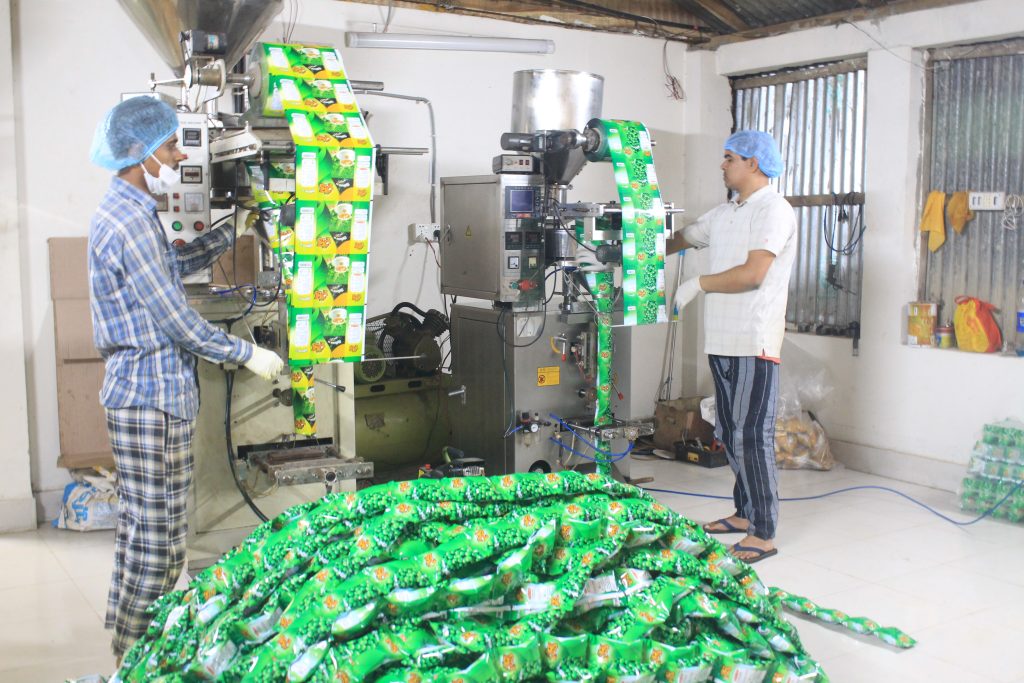As International Workers’ Day approaches, the focus intensifies on the assertion of labour rights, including workplace safety, increased wages, daily working hours, health, and more. However, before claiming these rights, it is essential to ensure opportunities in the workplace.
According to government estimates, there are currently 26 million 30 thousand unemployed people in the country. Such a massive number of individuals struggle to earn a living without any source of income. The uncertainty of finding employment is a constant fear for those who are currently employed, creating anxiety about job loss.
Global labour markets are currently facing severe challenges due to the ongoing economic crisis caused by the COVID-19 pandemic and the Russia-Ukraine war. At least 400 million people have lost their jobs due to these crises, as reported by the International Labour Organization (ILO). The situation may worsen in the coming days. The fear of job loss haunts the working class in Bangladesh.
After the onset of the coronavirus pandemic, many workers in the country have not been able to return to their previous jobs. The conflict in Russia and Ukraine adds pressure to the international labour market. Rising inflation, exacerbated by the pandemic, is forcing many workers in developing countries to reduce their expenses. Some are forced to take children out of school due to financial constraints.
On the other hand, wage disparity is increasing in Bangladesh, with 74% of the country’s income going to 1% of the population, according to a recent study by the South Asian Network on Economic Modelling (SANEM). A survey conducted by the organization revealed that family expenditures in these households increased by 13% in the six months until last February, but their income did not rise. The study focused on families relying on agricultural income in rural and urban areas, indicating changes in their dietary habits due to economic pressure.
For those struggling with economic challenges, the increase in the price of goods in the global market, currency devaluation, and market instability contribute to the difficulties. Research institutions blame these factors for the economic downturn and recommend addressing product pricing, currency devaluation, and market mismanagement to alleviate the situation.
The National Statistics Bureau (BBS) published a household survey on
March 29, which indicates that 30% of the country’s families are currently running on loans, and the average amount borrowed has almost doubled in the last six years. Labor leaders say that ordinary workers are struggling to make ends meet. It is necessary to cut many essential expenses to cope with the inflation situation. Basic necessities like food are also becoming difficult to afford. The biggest concern in the lives of workers is the combination of inflation and wage disparity. In the last decade, the prices of goods in the market have increased the most in September of the previous year. This was the record for inflation at that time. In that month, inflation reached 9.52%. However, in the same month, wages increased by 6.80%.
That is, a year ago, the wage was 100 taka, and now it has increased to 106 taka 80 poisha. As a result, workers’ expenses are now higher than their income. The gap between wages and inflation is widening in other months as well, and workers are facing financial challenges.
Economists are saying that although the shape of the country’s economy is large, income disparity is widespread. Efforts need to be made to reduce this disparity; otherwise, the workforce will stand still.
Dir. A.B. Mirza Azizul Islam, a former adviser to the government on economic affairs, says that the economic calculus that existed before has been completely overturned by the pandemic. This has brought significant challenges for the labour force. According to him, the main strength of the country’s economy is the majority of hardworking people. Their wages are also competitive compared to other countries. However, overall, there is a lack of skills among workers. The potential of the workforce has not been fully utilized yet. As a result, the prospects for workers have not been effectively realized. He states that the country’s literacy rate is increasing, but the quality of education is not improving. This is why there is an increase in educated unemployment. To address this situation, the country’s education system needs to be overhauled. In addition, there is a need to create employment opportunities through massive investments. If the creation of employment opportunities is not possible, this workforce will remain unutilized. Considering these factors, the government needs to make prompt decisions to reshape the education system and establish a favourable environment for employment creation




